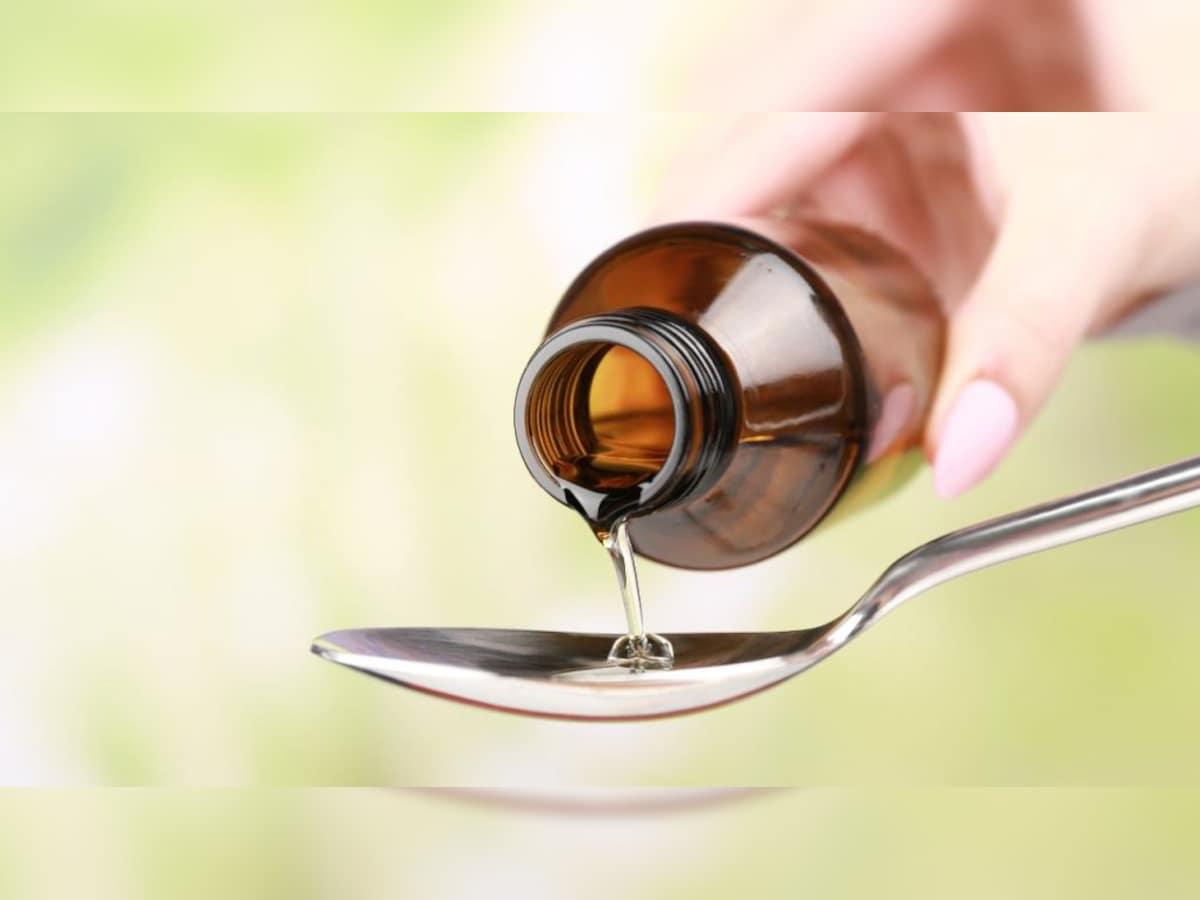Investigation of India’s Marion Pharmaceuticals Reveals Dangerous Ingredient in Cough Syrups Linked to Deaths
The company involved, Marion Pharmaceuticals, allegedly used industrial-grade propylene glycol instead of the required pharmaceutical-grade propylene glycol. The contaminated cough syrups were sold to Uzbekistan and found to contain diethylene glycol (DEG) and ethylene glycol (EG), substances unsuitable for human consumption. Thus, raising serious concerns about the safety standards in the pharmaceutical supply chain and the company in question.

Marion Pharmaceuticals
An ongoing investigation into the deaths of multiple individuals in Uzbekistan has shed light on the use of a toxic ingredient in cough syrups. Marion Pharmaceuticals, the company involved, allegedly used industrial-grade propylene glycol instead of the required pharmaceutical-grade propylene glycol.
The contaminated cough syrups were sold to Uzbekistan and found to contain diethylene glycol (DEG) and ethylene glycol (EG), substances unsuitable for human consumption.

Investigation Unveils Dangerous Ingredient Usage – Marion Pharmaceuticals
The unidentified sources involved in the investigation disclosed that Marion Pharmaceuticals, unaware of Marion’s intended use, provided industrial-grade propylene glycol, a toxic substance commonly used in non-consumable products such as detergents, antifreeze, paints, and coatings.
This deviation from the required pharmaceutical-grade propylene glycol, which meets national standards for pharmaceutical product composition, has raised serious concerns about the company’s practices.
What’s even more frightening is that Marion Pharmaceuticals failed to test the ingredient before incorporating it into the cough syrups that were ultimately sold to Uzbekistan, thus further compromising the safety and quality of the products.
We did not know Marion was going to use it to make cough syrups,” said the person, who declined to be identified while the case is still under investigation. “We are not told where our material is used.”
“Marion bought commercial-grade propylene glycol,” said a second source, an investigator who declined to be named while the inquiry is ongoing.
“They were supposed to take Indian Pharmacopoeia-grade,” the source added, referring to national standards for the composition of pharmaceutical products.
The company was supposed to use the appropriate Indian Pharmacopoeia-grade propylene glycol, adhering to national pharmaceutical product standards.
Responsibility and Denial
According to India’s drugs and cosmetics rules, manufacturers are responsible for ensuring the safety of the ingredients they use. Marion Pharmaceuticals, which deals in pharmaceuticals, herbal, and cosmetic products, has denied any wrongdoing in this case.
However, what makes this matter rather serious is that while the company has denied any wrongdoing, there is also a lack of response from India’s drug regulator and the health ministry, leaving several critical questions unanswered. The absence of accountability and transparency in this matter raises serious concerns about the integrity of the pharmaceutical industry and the regulatory mechanisms in place in the country.

Toxic Substitutions and Adulteration
The use of diethylene glycol (DEG) and ethylene glycol (EG) as substitutes for propylene glycol in cough syrups is not an isolated incident.
Pharmaceutical manufacturing experts have revealed that unscrupulous actors may often resort to the use of these toxic substitutions due to their lower costs.
Hence, in 2021 during a period of spiked propylene glycol prices, it is suspected that one or more suppliers may have mixed the cheaper toxic liquids with the legitimate chemical, resulting in contaminated cough syrups entering the market.
What this alarming practice highlight is that there needs to be an urgent requirement for more stringent quality control measures and supplier vetting procedures within the pharmaceutical industry.
Legal Consequences and International Concerns
Uzbekistan has taken quick action as warranted in this tragic incident by arresting four individuals, including two executives from a company that imported Marion’s drugs, which caused multiple deaths by the contaminated cough syrups.
However, the status of the case remains unknown, leaving the possibility of further legal actions against those responsible unresolved.
The tragic incidents related to tainted cough syrups are not limited to this particular case. In the past, tainted cough syrups made in Indonesia were linked to the deaths of over 200 children, while 70 children in Gambia lost their lives after consuming contaminated cough syrups manufactured by another Indian company.
These distressing events have resulted in an international inquiry into the pharmaceutical supply chain, leading to calls for more comprehensive regulations and stricter enforcement of safety standards.
The Last Bit, The revelation of a dangerous ingredient used in cough syrups linked to multiple fatalities emphasizes the critical need for stringent quality control measures and transparency in the pharmaceutical industry.
The case of Marion Pharmaceuticals, where industrial-grade propylene glycol was substituted for the required pharmaceutical-grade variant, is a classic example of the importance of maintaining rigorous safety standards throughout the supply chain.
The investigations, legal consequences, and international concerns arising from these incidents emphasize the necessity for enhanced oversight and regulation to prevent such tragedies in the future.
Both pharmaceutical companies and regulatory bodies must prioritize the safety and well-being of consumers, ensuring that only high-quality and safe products reach the market.






